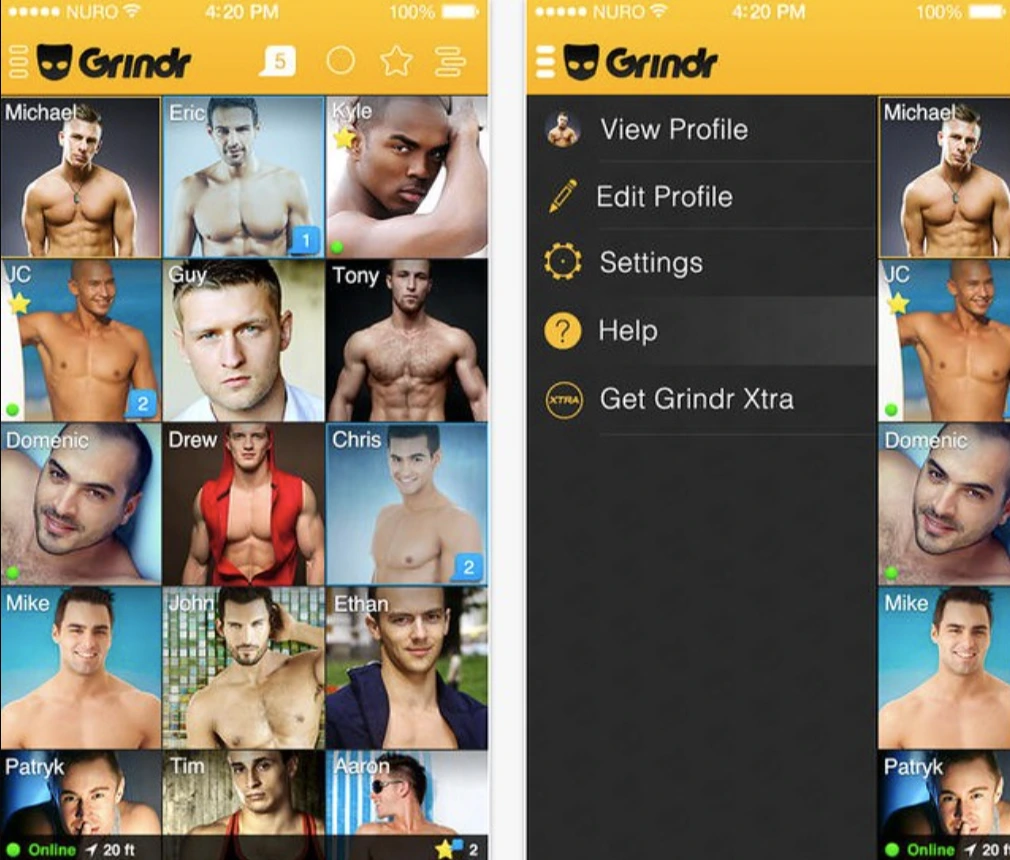
Image by Melies The Bunny, from Flickr
Grindr’s AI Wingman Aims To Streamline Dating
In a Rush? Here are the Quick Facts!
- Grindr is testing an AI “wingman” feature for its LGBTQ+ user base.
- The AI assists with finding partners, suggesting dates, and making reservations.
- Full rollout of the AI wingman is expected by 2027.
Grindr, the popular gay dating app, is testing an AI-powered “wingman” feature designed specifically for its LGBTQ+ user base. This AI wingman functions like a chatbot, helping users find potential long-term partners, recommending date spots, and even making restaurant reservations, according to The Wall Street Journal (WSJ).
The wingman is a type of AI agent, often referred to as a bot. Unlike traditional chatbots that merely answer questions, summarize text, and generate content, these AI agents can actively navigate the internet and perform tasks on our behalf, according to WSJ.
Currently, the feature is being tested by a small group, with plans to expand to around 1,000 users by the end of the year, and up to 10,000 next year. A full rollout is expected by 2027. Over time, the wingman will evolve to handle more advanced tasks, such as interacting with other AI agents, notes WSJ.
In the future, two AI wingmen could converse after their human users match, providing a “robust view” of each other before they meet in person. This bot-to-bot interaction aims to save users time and potentially highlight early deal-breakers, Grindr CEO George Arison told WSJ.
A significant challenge in developing this AI has been maintaining user privacy, a particularly sensitive issue for Grindr’s community. Many users are not open about their sexuality or live in places where being gay is illegal or stigmatized, notes WSJ.
Privacy concerns are heightened by past issues, including the collection and sale of precise location data from millions of Grindr users since 2017. Grindr stopped sharing location data with ad networks in 2020, reported WSJ.
The company addressed these challenges by partnering with Ex-human, an AI firm specializing in “empathetic AI technology” trained on romantic conversations. Last year, Grindr integrated a clone of Ex-human’s AI model into its system, according to WSJ.
This model is being customized to better reflect queer culture by incorporating Grindr’s own data and slang. Arison explained that Ex-human’s original model was primarily trained on straight romantic conversations, and Grindr is working to “make it more gay,” reported WSJ.
To protect user data, Grindr will ask for permission before using chat histories for AI training, noted WSJ.
The company has also implemented safeguards to prevent misuse, such as blocking the wingman from engaging in conversations involving commercial activity or solicitation, an issue identified during testing, reported WSJ.
As Grindr continues to expand this feature, it raises questions about the role of AI in human relationships.
While it may streamline dating by cutting through early-stage hurdles, there’s a risk of over-reliance on technology, potentially diminishing the organic, human elements that make relationships meaningful. The challenge will be for Grindr to ensure its AI enhances, rather than replaces, the genuine connection people seek.


 Previous Story
Previous Story

 Latest articles
Latest articles 

Leave a Comment
Cancel